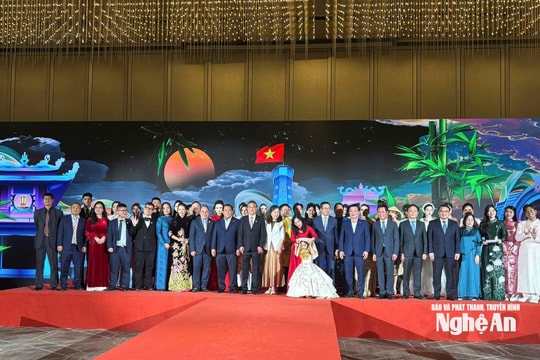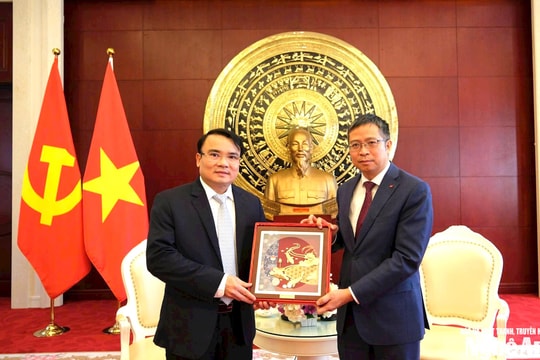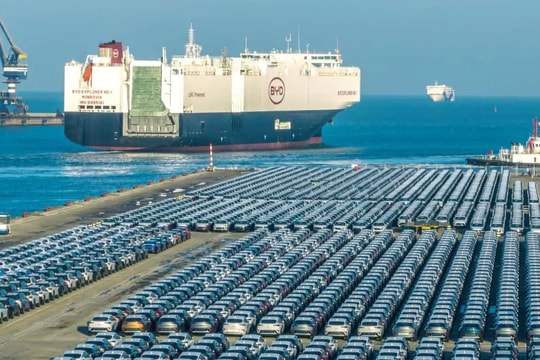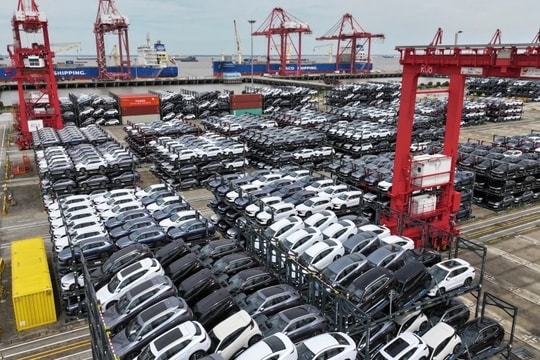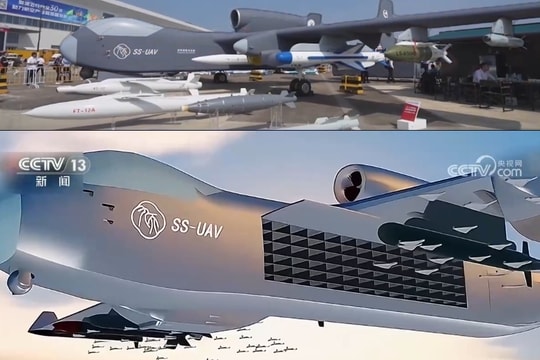China: US uses false trade accusations to threaten other countries
(Baonghean.vn) - The US is using false trade accusations to "threaten" other countries as the tariff war between the world's two leading powers escalates.
 |
| Illustration photo. Photo: RT |
China made the accusation in a White Paper on trade and economic relations with the US published on September 24.
In the White Paper, China's State Council (Government) said that the US has made a series of false accusations and used tariff hikes and other economic threats to impose its own interests on China by exerting maximum pressure.
The White Paper said that President Donald Trump's "America First" policy is the cause of sabotaging the progress in resolving disagreements achieved between the two countries over many years through bilateral forums and exchanges.
According to the White Paper, the US has abandoned basic standard rules of international exchange such as mutual respect and equal consultation, while practicing unilateralism, protectionism and economic hegemony.
The White Paper consists of six parts covering specific contents on the mutually beneficial and equal cooperation relationship between China and the US, detailed information on the trade and economic relations between the US and China, the practice of the US government's trade protection policy, the trade suppression of the Donald Trump administration, the negative impact of the US's behavior on the global economy and China's solutions.
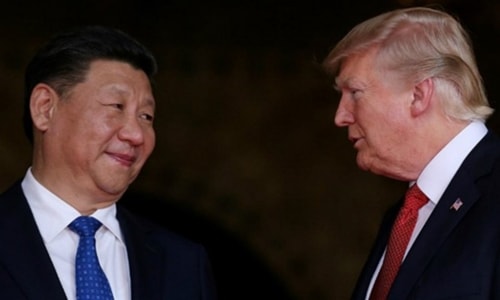 |
| US President Trump (right) and Chinese President Xi Jinping in Florida in April 2017. Photo: Reuters. |
The White Paper on trade relations between China and the US was published in the context of the US and China continuously introducing confrontational policies on tariffs. Most recently, the US officially imposed a 10% tax on a package of goods worth 200 billion USD imported from China from 11:00 am on September 24 (Vietnam time) while Beijing also responded by imposing a corresponding tax on 60 billion USD of imported goods from the US, pushing trade tensions between the world's two leading economies to a dangerous new level.

